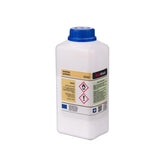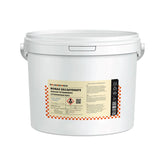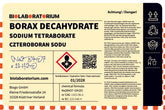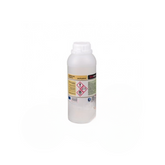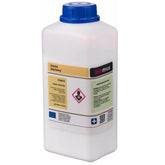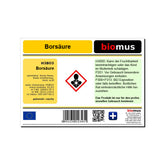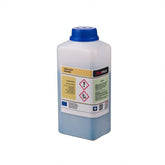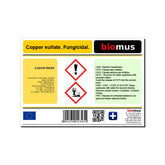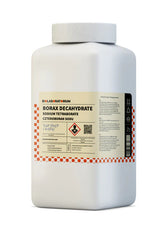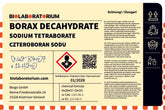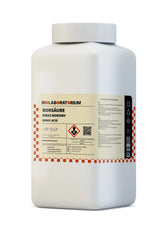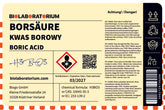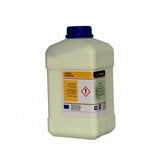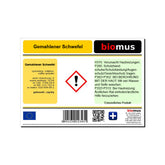The diverse applications of nickel sulfate in industry
Nickel sulfate is an important chemical substance with numerous industrial and technical applications. As a salt of the nickel compound nickel(II) sulfate, it is widely used in various industries and production processes. In this blog post, we want to provide an overview of the most important application areas and properties of nickel sulfate.
Metallurgy and Electroplating
One of the main application areas of nickel sulfate is metallurgy and electroplating. The salt serves as a starting material for the production of nickel metal and nickel alloys. In nickel baths, nickel sulfate is used to coat surfaces with a thin layer of nickel to protect them from corrosion or achieve specific surface properties.
Nickel coatings are found, for example, in the automotive industry, mechanical engineering, the electrical industry, or construction. Nickel coatings are also used in the jewelry industry to protect jewelry pieces from tarnishing and give them a noble shine.
Production of Nickel Metal and Nickel Alloys
Nickel sulfate serves as an important starting material for the production of pure nickel metal. In hydrometallurgical processes, the nickel sulfate is first converted into nickel hydroxide, which is then reduced to nickel metal. The nickel thus obtained can then be further processed into nickel alloys, which are used in many industrial sectors.
Electroplated Nickel Coating
In electroplating, nickel sulfate is used in nickel baths to coat surfaces with a thin layer of nickel. This process serves to provide corrosion protection, increase surface hardness, or achieve specific optical properties such as gloss and color.
Typical applications of electroplated nickel coating are:
- Coating of Metal Parts in the Automotive Industry
- Coating of Fittings, Hardware, and Accessories
- Coating of Electrical Parts and Electronic Components
- Coating of Jewelry Pieces
Chemical Industry and Catalysis
In addition to metallurgy and electroplating, nickel sulfate also finds diverse uses in the chemical industry. It serves as a raw material for the production of other nickel compounds and is used as a catalyst in chemical reactions.
Production of nickel compounds
Nickel sulfate can serve as a raw material for the synthesis of other nickel compounds such as nickel chloride, nickel carbonate, or nickel oxide. These nickel compounds in turn find use in various industrial applications.
Catalytic applications
Nickel sulfate is used in a series of chemical reactions due to its catalytic properties. As a catalyst, it accelerates chemical conversions without being consumed itself. Typical applications include:
- Hydrogenation reactions in organic synthesis
- Oxidation reactions for chemical production
- Cracking processes in petrochemistry
- Synthesis of dyes and pigments
Technical materials and substances
In addition to the mentioned application areas in metallurgy, electroplating, and chemistry, nickel sulfate is also used in the production of technical materials and substances.
Nickel sulfate in batteries and accumulators
An important application area is the use of nickel sulfate in nickel-cadmium batteries and nickel-metal hydride accumulators. Here it serves as a raw material for the production of electrodes.
Nickel sulfate in ceramics and glasses
Nickel sulfate is also used as a colorant in the ceramic and glass industry. It gives glasses and ceramics a green coloration and is thus used in decorative ceramics, tiles, or glazes.
Nickel sulfate in technical materials
Additionally, nickel sulfate is used as a raw material for the production of technical materials such as nickel alloys, hard metals, or ceramics. These materials are characterized by special properties like hardness, corrosion resistance, or heat resistance and find application in many industrial sectors.
Conclusion
Nickel sulfate is a versatile chemical substance with numerous industrial and technical applications. From metallurgy and electroplating to the chemical industry and the production of technical materials - nickel sulfate plays an important role in many production processes.
Due to its excellent properties and functionality, nickel sulfate is expected to continue playing an important role in industrial production in the future. Companies that use nickel sulfate in their processes benefit from the versatile applications and high performance of this substance.
